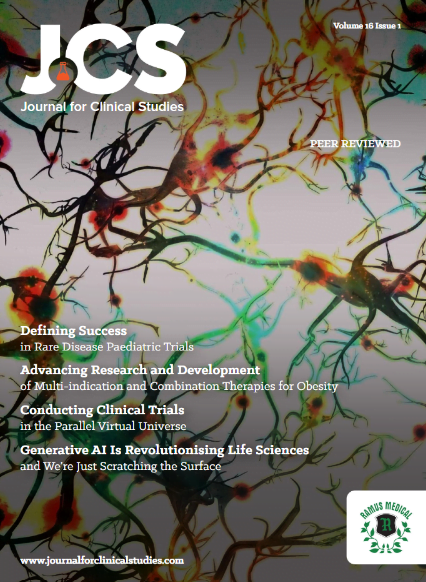Pilots MEDEI’s SMART-TRIAL data management platform to better document the efficacy and safety of its brain network activation technology
One of the world’s leading neuro technology innovation companies, ElMindA of Herzeliya, Israel, today announces that it aims to further improve documentation of its brain healthcare research and development programs through the applied use of software from MEDEI ApS. ElMindA will now pilot MEDEI’s SMART-TRIAL data management platform in two projects in the United States to document the efficacy and safety of its brain network activation (BNA™) technology and to improve its product research and development programs.
“ElMindA is a data-driven company and constantly aims to improve the quality and visibility of data surrounding our brain healthcare programs and products,” said Liran Korine, ElMindA’s Director of Clinical Affairs. “We believe that the SMART-TRIAL data management platform will help us to achieve these mandatory goals.”
“MEDEI is changing the way that medical device manufacturers can better manage their data in the development and roll-out of their products,” adds Páll Jóhannesson, MEDEI’s CEO. “SMART-TRIAL simplifies the way medical OEMs can document and demonstrate compliance with changing market regulations for clinical safety and effectiveness.”
BNA™ is breakthrough technology to monitor and manage the health of a brain throughout the course of anyone’s life. It applies sophisticated artificial intelligence based signal processing and analysis algorithms to EEG and clinical data to measure patterns of brain neuronal networks activated during specific brain processes to deliver meaningful insights into brain functionality.
BNA™ is being utilized as a decision support tool for physicians to monitor change in brain neuronal networks function to help identify disease onset and assess treatment efficacy for a broad range of previously elusive conditions such as depression, concussion, or memory loss. The BNA™ Analysis System is used by qualified medical professionals for the post-hoc analysis of the human Electroencephalogram (EEG), utilizing evoked response potentials (ERP). The device is indicated in the U.S. for use in individuals 14 to 24 years of age with the Auditory Oddball evoked potential test.















